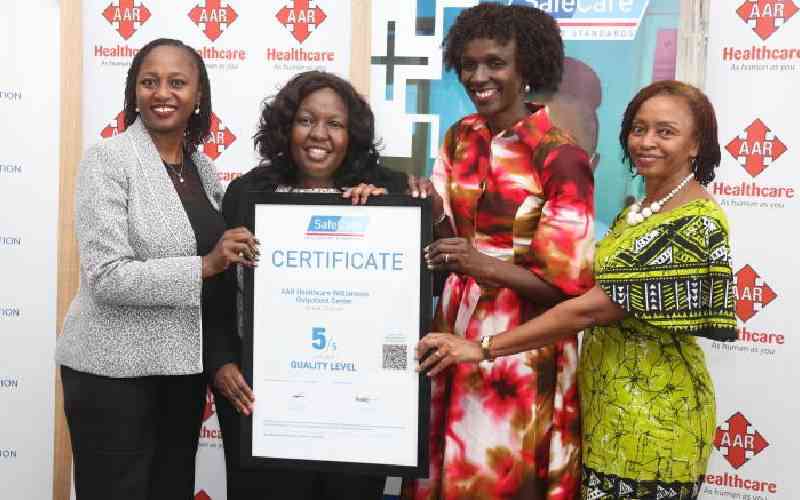×
The Standard e-Paper
Home To Bold Columnists
In what might see improvement in quality and efficiency in disease surveillance, the ministry linked first of its five data centres to national laboratories, writes FREDRICK OBURA
The recent launch of a medical information centre by the Ministry of Health, Clinton Health Initiative (CHAI) and Hewlett Packard (HP) in Nairobi could herald a new era in sharing, accessing, and retrieval of patient information among hospitals.








